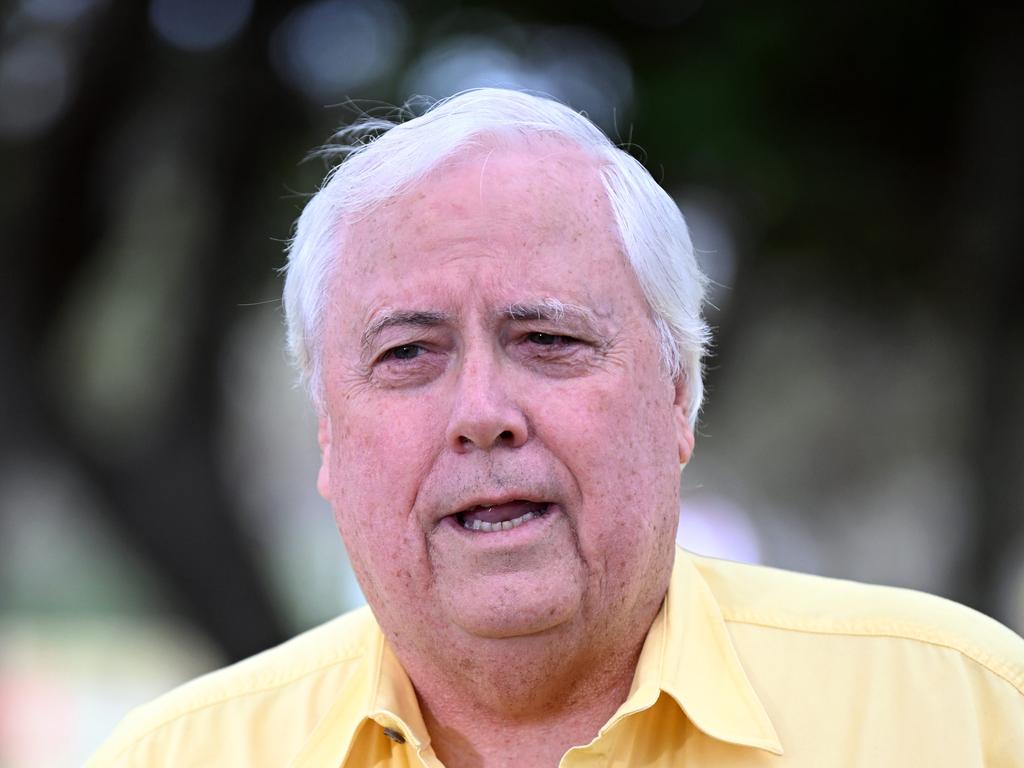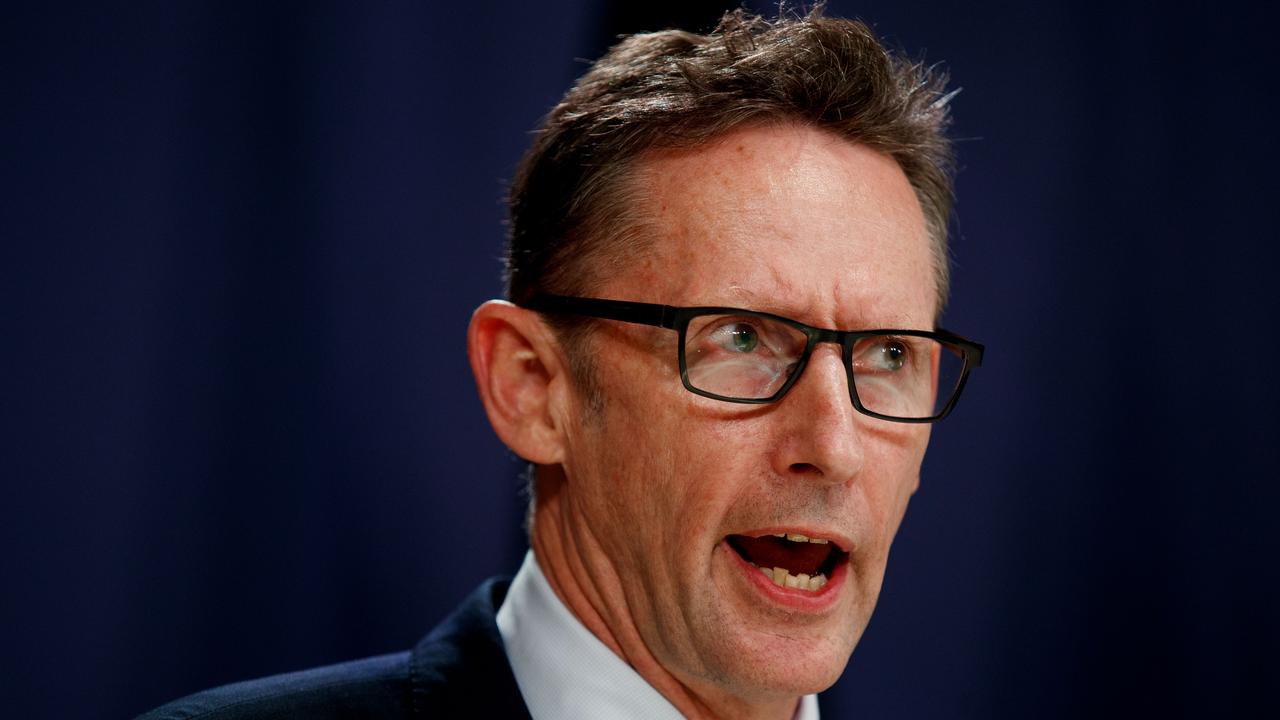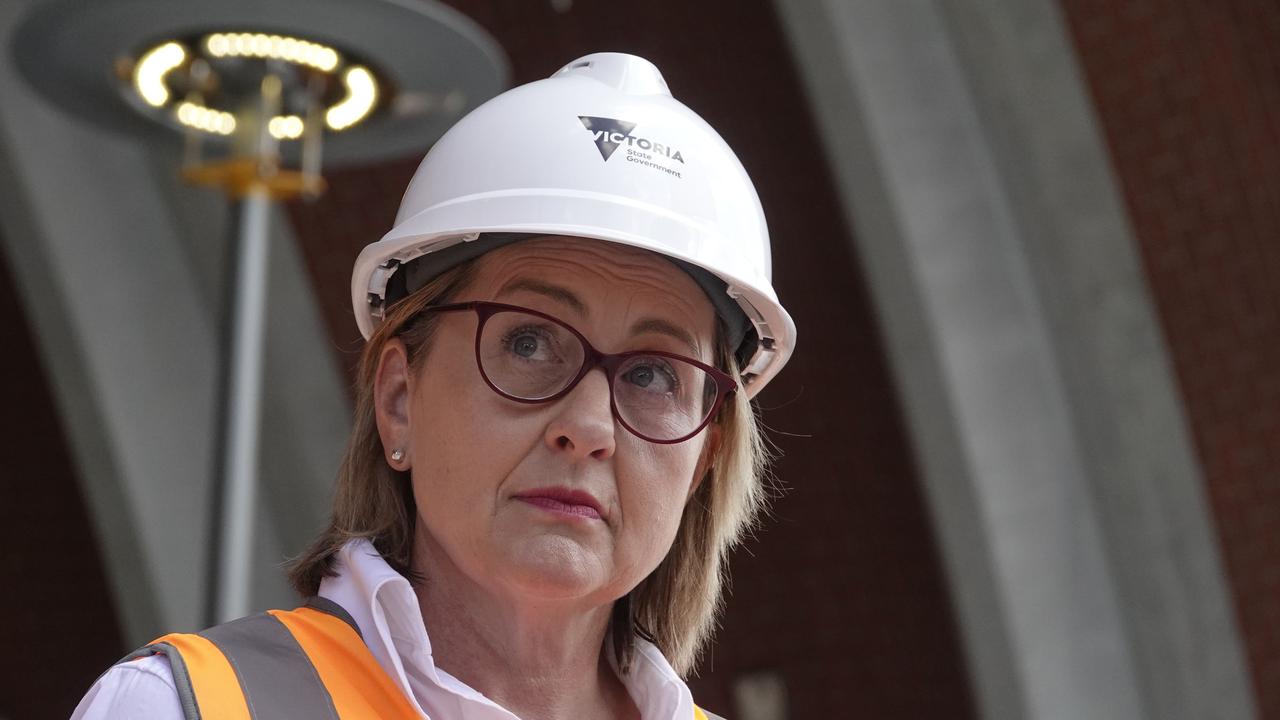Tanya Plibersek’s new environment laws ‘a toothless tiger’
Labor’s next tranche of the Nature Positive Plan will not touch existing environmental standards, sparking allegations from environmentalists of weakness.
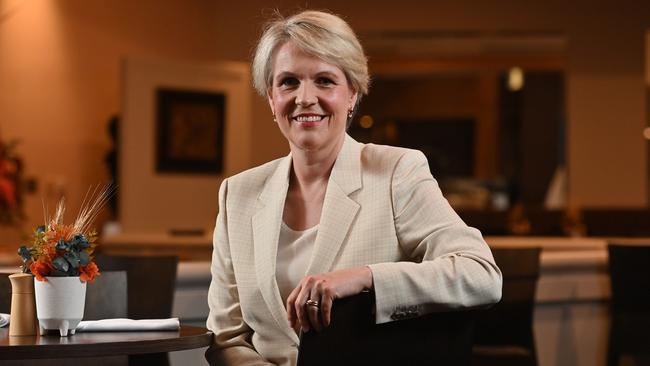
Labor’s next tranche of the Nature Positive Plan will not touch existing environmental standards, succumbing to pressure from Western Australia’s ALP government and sparking allegations from environmentalists of weakness.
Environment Minister Tanya Plibersek on Tuesday said the new “green cop on the beat” would have the power to issue stop-work orders and that maximum penalties for environmental law breaches would be increased from $15m to $780m.
Company bosses responsible for breaching environmental standards face up to seven years’ jail.
However, she indefinitely delayed the overhaul of the 24-year-old Environmental Protection and Biodiversity Conservation Act as recommended by former Australian Competition & Consumer Commission boss Graeme Samuel in 2020.
The climbdown came after WA Premier Roger Cook personally lobbied Anthony Albanese and Ms Plibersek not to add more “green tape” to key WA industries just months after he had been forced to dump WA Labor’s controversial Cultural Heritage Act.
Mr Cook on Tuesday said while businesses in his state still had concerns about the Nature Positive plan, he welcomed the changes.
“A Commonwealth EPA was part of their election mandate, I respect that, but we do want to make sure that there’s not too onerous obligations placed on the industry,” he said on Tuesday.
“If they get through one gateway on the basis of the environmental credentials of that project, they should be suitable for getting through any government.
“It really is a commonsense approach that she will take the opportunity to continue to listen, to consult, and to make sure that we get the balance right.”
Instead, Ms Plibersek has focused on implementing a handful of Mr Samuel’s 38 recommendations through legislation to be introduced when parliament resumes, such as enshrining a green cop on the beat, to be known as Environment Protection Australia, and improving data gathering for the benefit of business, environmentalists and government.
The new data agency, dubbed Environment Information Australia, will be required by law to publish state of environment reports every two years rather than every five, and publicly report progress on environmental goals.
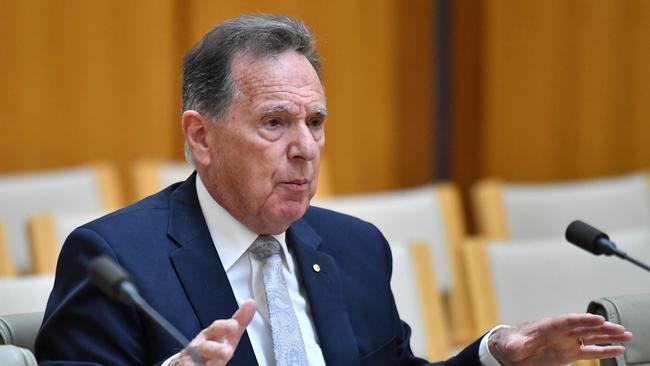
While the EPA will have a “decision-making function”, Ms Plibersek said that power would be similar to that of the Department of Environment, which she can delegate or override at her discretion. While peak mining bodies welcomed the retention of ministerial decision-making, the Greens and conservation groups blasted the EPA’s lack of independence.
“The minister should not have powers to override the decision of an independent EPA,” Australian Conservation Foundation chief executive Kelly O’Shanassy said.
Greenpeace said an EPA without the stronger powers to go with it was “like a pub without beer”.
Ms Plibersek defended the absence of an EPBCA overhaul and said significantly changing those laws would take time.
“The job of environmental law reform is big and it’s complex … We’ve done the first tranche of our law reform, that was in December last year when we introduced our nature repair market bill and expanded the water trigger,” she said.
“This is the next tranche of our law reform … Our third tranche of law reform will include those other elements … things like the national environment standards.
“The reason we’re not doing that today is because we’re still consulting with environment groups and business to make sure we get this right.”
Greens environment spokeswoman Sarah Hanson-Young said: “They’ve caved in to the mining industries, to the loggers and the big polluters.”
The Coalition indicated its opposition to Labor’s proposal, with Peter Dutton slamming secrecy surrounding the design of the new laws that he said were “anti-mining” and “anti-development”.




